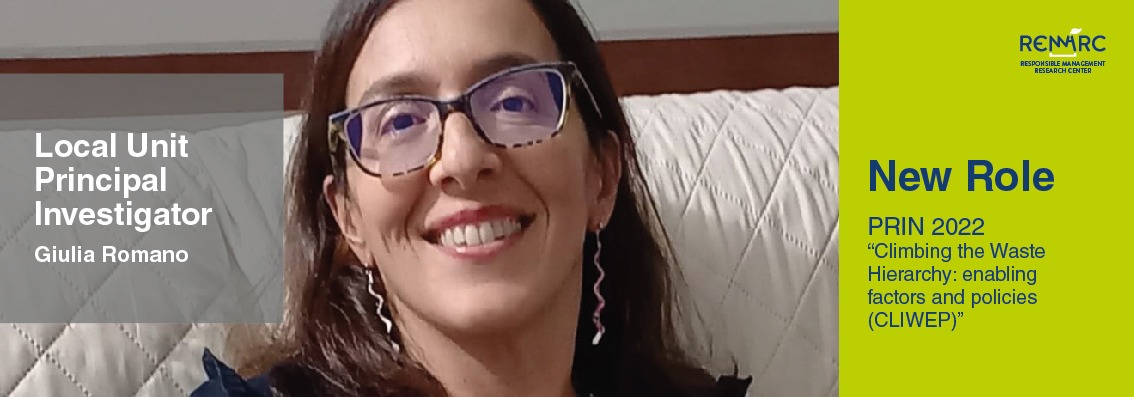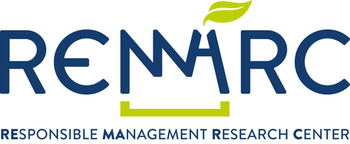Giulia Romano, Local Unit Principal Investigator – PRIN 2022

Congratulazioni a Giulia Romano (Università di Pisa), Local Unit Principal Investigator del PRIN 2022 “Climbing the Waste Hierarchy: enabling factors and policies (CLIWEP)”.
Abstract
The “EU waste hierarchy” (EUWH) is a cornerstone of European environmental policy. First established in Dir.2008/98, it affirms that waste should be managed following a priority ladder in such a way to maximize the recovery of resources and minimize dissipative disposal techniques. Landfilling is the least desirable solution, followed by energy recovery, material recovery, recycling, reuse, prevention. EUWH is a philosophy that all member states must follow; within the targets set by the EU, to be achieved in each MS, there are significant degrees of flexibility left for MS initiative, especially regarding the upper steps of the ladder. The starting point of the research consists in recognizing that implementing the WH, albeit desirable from a societal viewpoint, at least as a medium-long term target, encounters obstacles in the short term that may act as a deterrent to action and engagement at the individual and firm level. These obstacles result in a lack of proper incentives to mobilize resources, and may arise from technological lock-in, market power of incumbents, normative constraints, transactions costs. Moreover, there is a lack of a comprehensive evaluation framework that is able to encompass the whole EUWH. While it is relatively simple to identify indicators that measure the degree of fulfilment of each specific step of the ladder. For example, the last step (landfilling) should be minimized, and it is straightforward to use landfill diversion as an indicator of success. It is more difficult to understand how the different steps interact with each other. Using the EUWH as a tool to analyse both the actual state of the implementation of existing rules and policies at both macro and micro level and its expected evolution, this project aims to:
- identify and apply effective performance indicators to measure the compliance of countries, municipalities, and waste utilities to WH, using state-of-the-art methods for performance assessment and policy evaluation.
- Identify and understand trade-offs among different steps of the ladder, i.e., understand the systemic relations across the whole management system of material throughputs and identify cases in which optimizing a single step of the ladder may prevent optimizing other scales
- provide an integrated economic analysis of the enabling factors (regulatory instruments and performance indicators, value chains creation and development etc) and existing bottlenecks (lacks of incentives for reduction, reuse, and recycling, normative constraints etc), regarding the waste management and its role in the effective transition towards the CE.
- identify best practices, governance models, regulatory tools, and policy actions and designs to provide policy makers support to define future country-, municipal-, and firm-level strategies to effectively implement the EUWH to realize the CE transition.



